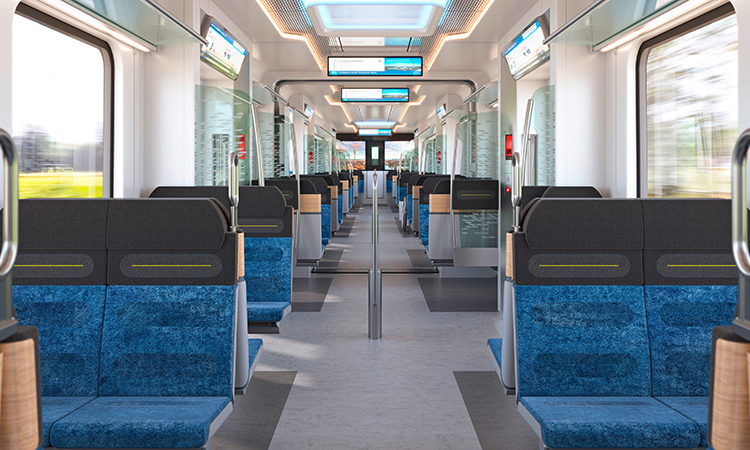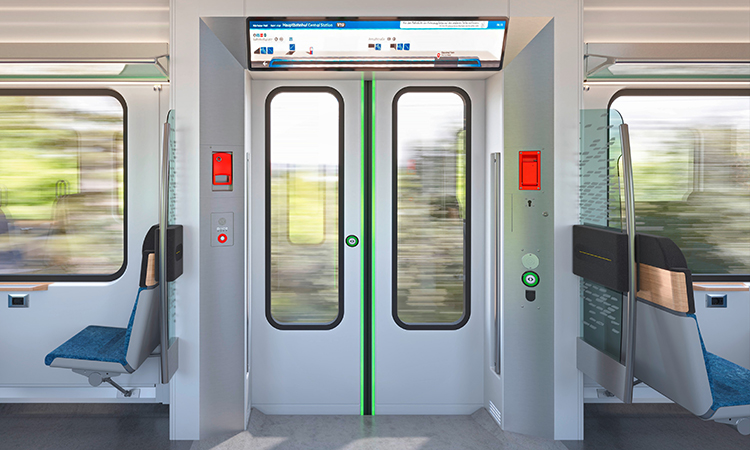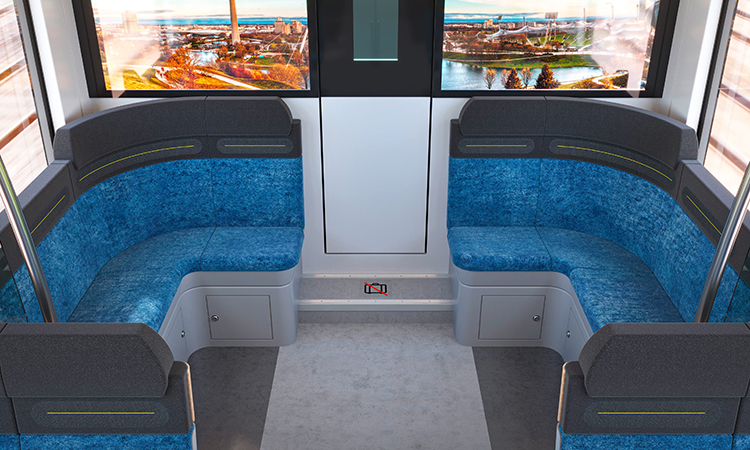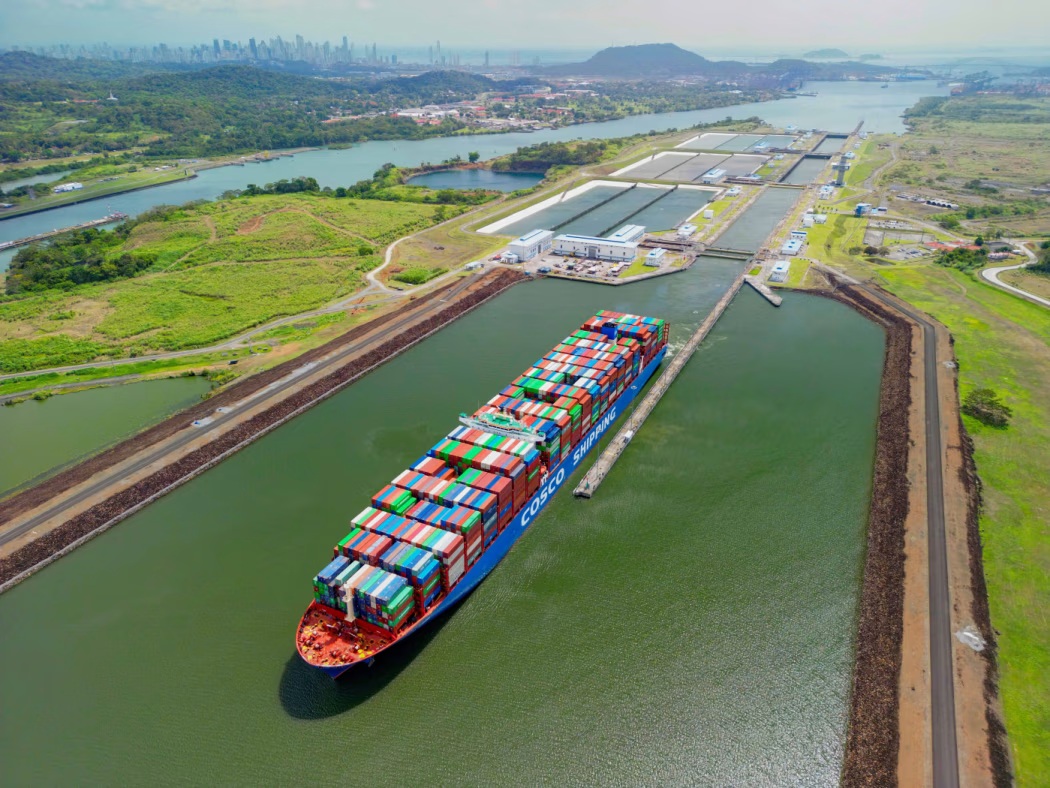Transporters Across Panama Meet in Penonomé to Discuss Inclusion in the Panama-David Train Project
The call to action by transporters reflects the need for the Government to take into account the realities of the sector in its future infrastructure projects, especially when these directly impact jobs and services that depend on public transport.

A group of transporters from different parts of Panama met recently in the district of Penonomé to discuss and define a roadmap that will be presented to the National Government. At this meeting, one of the central topics was the integration of the transport sector in the ambitious Panama-David train project, which has generated both expectations and doubts among businessmen in the sector. One of the most relevant points discussed at the meeting was the need for public transport in the country to evolve with the incorporation of new technologies. Transporters agreed on the importance of implementing technological platforms, such as mobile applications, that facilitate management and access to transport services.

However, they stressed that this development cannot be an isolated initiative of private actors, but must have the backing and support of the National Government. Boris Quezada, general secretary of the Central Labor Union, was clear in stating that, in order to achieve substantial progress; the sector needs the support of the State and, above all, collaboration between the private and public sectors. If there is no development, if there is no support from the State, it will not be able to evolve. In order to provide a quality service, we need the support of the State, not unfair competition like what is happening in the capital. If the Government proceeds with the granting of concessions, we could guarantee the necessary financing, bring in new equipment and make a complete change,” said Quezada.

The Panama-David train project, which seeks to transform the national transport infrastructure, was another of the key topics on the discussion table. However, transporters expressed their concern about the lack of clarity regarding how they will be integrated into the project, especially with regard to the relationship with collective and selective transport. “The government is talking about big plans like the Panama-David train, but there are things that are not being discussed, such as, for example, how the transport sector would be integrated into that project,” said Quezada. Uncertainty about the role that transporters will play in this new infrastructure has raised concerns, as they fear that the project could displace traditional public transport players without offering them a clear alternative or inclusion.

Jorge Dimas Collado, one of the transporters present at the meeting, explained that the purpose of the meeting was not only to express concerns, but also to begin to develop concrete proposals to present to the Government. “That is precisely why we are talking to reach an agreement and present projects. We cannot go and ask the president for something without having clear proposals in hand. We are working on projects that seek to improve the sector, but if not, we will meet again and take action,” said Dimas Collado. The call to action by transporters reflects the need for the Government to take into account the realities of the sector in its future infrastructure projects, especially when these directly impact jobs and services that depend on public transport.





